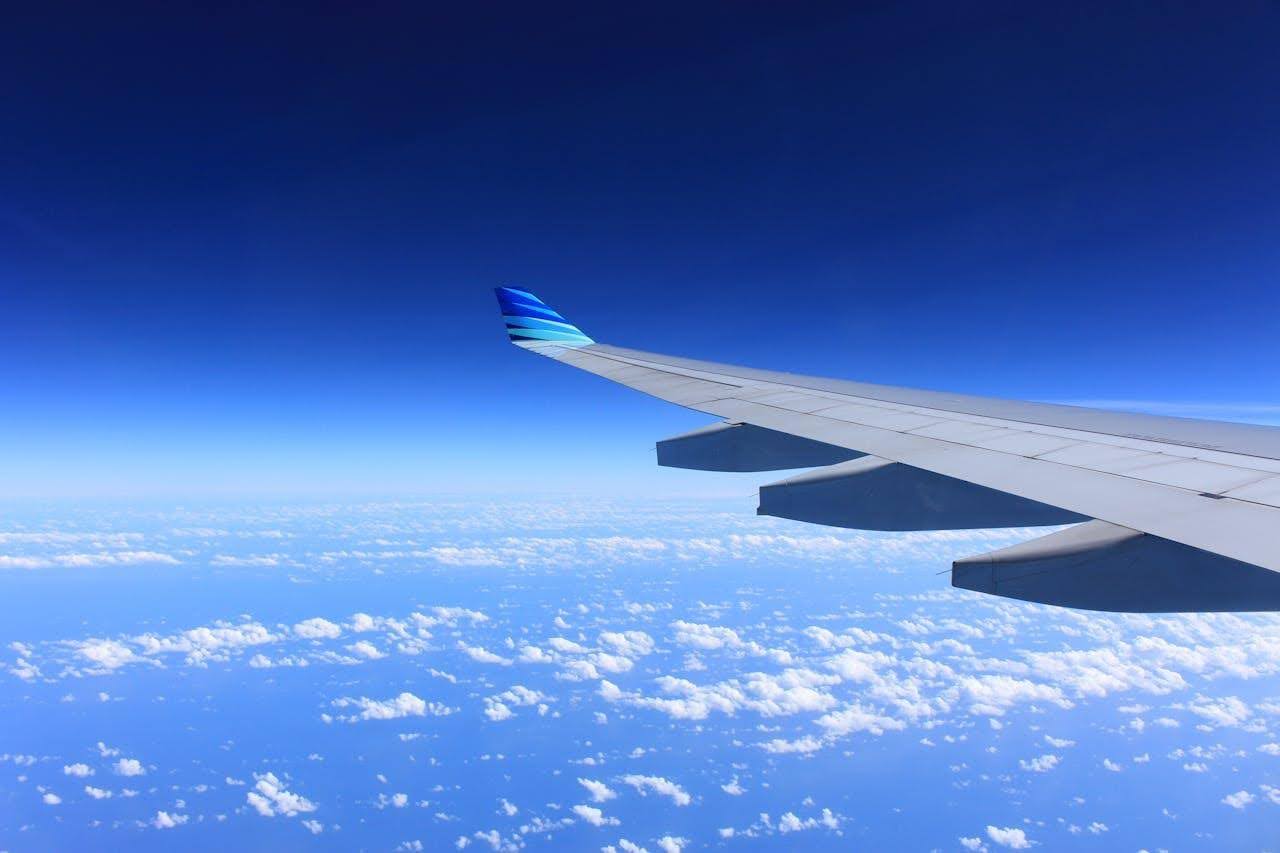Canada continues to be one of the most sought-after destinations for Indian travelers, students, and professionals. Whether you’re looking to explore the stunning landscapes, pursue world-class education, work in a vibrant economy, or reunite with family, the Canada Visa is your essential first step. Navigating the visa process can seem overwhelming, but with the right guidance, it becomes manageable and efficient. This guide breaks down everything Indian applicants need to know about applying for a Canada visa.
Types of Canada Visas for Indians
Before applying for a Canadian visa, it’s crucial to choose the right visa category based on the purpose and duration of your visit. Canada offers multiple visa types tailored to different needs—whether you’re planning a short trip or a long-term move. Here are the main visa categories available for Indian citizens:
1. Tourist Visa (Visitor Visa – TRV)
This is the most commonly applied visa by Indian travelers heading to Canada for short stays. The Temporary Resident Visa (TRV), often referred to as a tourist visa, is ideal for:
- Leisure trips and vacations
- Visiting family or friends
- Participating in short-term courses (less than six months)
- Attending events, business meetings, or conferences
A TRV typically allows stays of up to six months and can be issued as a single or multiple-entry visa. Applicants need to demonstrate financial stability, strong ties to India, and a clear intention to return after their visit.
2. Student Visa (Study Permit)
Indian students looking to pursue higher education in Canada must obtain a study permit. This is not technically a visa, but a document that allows foreign nationals to study at designated learning institutions (DLIs) in Canada. Once approved, a visitor visa or Electronic Travel Authorization (eTA) is issued along with the permit to allow entry into Canada.
Key requirements include:
- An acceptance letter from a Canadian institution
- Proof of sufficient funds to cover tuition, living expenses, and return travel
- Evidence of no criminal background and good health
The study permit is valid for the duration of your academic program, plus an additional 90 days to prepare for departure or apply for an extension or work permit.
3. Work Visa (Work Permit)
A work permit is essential for Indian citizens who have secured a job offer from a Canadian employer. Canada offers two main types of work permits:
- Employer-specific work permit – tied to a specific employer and job
- Open work permit – allows you to work for any employer (under certain conditions)
To apply for a work permit, you typically need:
- A valid job offer supported by a Labour Market Impact Assessment (LMIA)
- A copy of the employment contract
- Proof of qualifications and experience
Work permits are often tied to immigration pathways such as the Global Talent Stream, Atlantic Immigration Program, or Post-Graduation Work Permit (PGWP).
4. Super Visa
The Super Visa is a special long-term visa designed for parents and grandparents of Canadian citizens or permanent residents. Unlike a regular visitor visa, a Super Visa allows multiple entries and stays of up to two years at a time without the need for renewal.
Eligibility requirements include:
- A formal letter of invitation from the Canadian child or grandchild
- Proof of their income meeting the minimum income threshold
- Valid Canadian medical insurance coverage for at least one year
- A complete medical examination
This visa is an excellent option for families looking to reunite for extended periods.

5. Permanent Residence (PR)
Indians seeking to immigrate to Canada permanently can apply for Permanent Resident (PR) status through various pathways. The most popular PR programs include:
- Express Entry: A points-based immigration system that manages applications under three economic immigration programs – Federal Skilled Worker Program (FSWP), Federal Skilled Trades Program (FSTP), and Canadian Experience Class (CEC).
- Provincial Nominee Program (PNP): Allows Canadian provinces and territories to nominate individuals for PR based on local labor market needs.
- Family Sponsorship: Canadian citizens and permanent residents can sponsor their spouse, children, or parents for PR.
- Quebec Immigration: A separate system for those intending to live in Quebec.
PR applicants are assessed based on age, education, work experience, language proficiency, and adaptability. Once granted, PR status allows individuals to live, work, and study anywhere in Canada and eventually apply for citizenship.
How to Apply for a Canada Visa from India
The application process generally involves the following steps:
1. Determine Your Visa Type
-
- Based on travel purpose and duration.
- Based on travel purpose and duration.
2. Create an Account on the Official Immigration Portal
-
- Begin your visa application process online.
- Begin your visa application process online.
3. Fill Out the Application Form
-
- Complete the required forms online and upload them along with supporting documents.
- Complete the required forms online and upload them along with supporting documents.
4. Pay the Visa Fees
-
- Payment must be made online through the application portal.
- Payment must be made online through the application portal.
5. Schedule Biometrics Appointment
-
- Book an appointment at your nearest visa application center.
- Book an appointment at your nearest visa application center.
6. Attend Your Appointment
-
- Submit your biometrics, passport, and any required documents.
- Submit your biometrics, passport, and any required documents.
7. Track Your Application
-
- Stay updated through the official application portal or your visa provider.
Required Documents for Canada Visa
While the documents vary by visa category, here are the most commonly requested ones:
- Valid Indian passport
- Passport-size photographs
- Completed visa application form
- Proof of financial support
- Travel itinerary (if applicable)
- Letter of invitation (for family visits)
- Acceptance letter (for student visa)
- Employment offer letter (for work permit)
- Police clearance and medical exam (for certain categories)
Canada Visa Processing Time and Fees
- Tourist Visa: Usually processed within 20–30 working days.
- Student and Work Permits: 4 to 12 weeks, depending on the volume.
- Fees: CAD 100 for visitor visa, CAD 150 for study permit, CAD 155 for work permit.
Common Mistakes to Avoid
- Incomplete or incorrect application forms
- Missing supporting documents
- Applying under the wrong visa category
- Insufficient proof of funds or ties to home country
Tips for a Successful Application
- Double-check all forms and documents
- Apply at least 6–8 weeks before your intended travel date
- Be honest and clear in your application
- Keep digital and hard copies of all submissions
- Use a reliable email for communication from the visa office or center
Final Thoughts
Canada’s welcoming environment and high quality of life make it an ideal destination for Indian travelers. While the visa process can seem complex, being informed and organized helps ensure a smoother journey.
With OneVasco, Indian travelers get expert support throughout the Canada Visa process, making the journey smooth, efficient, and stress-free. From form-filling to document checks and appointment booking, OneVasco is your trusted partner in making your Canadian dream a reality.
Ready to begin your Canada visa journey? Let OneVasco guide you every step of the way.



